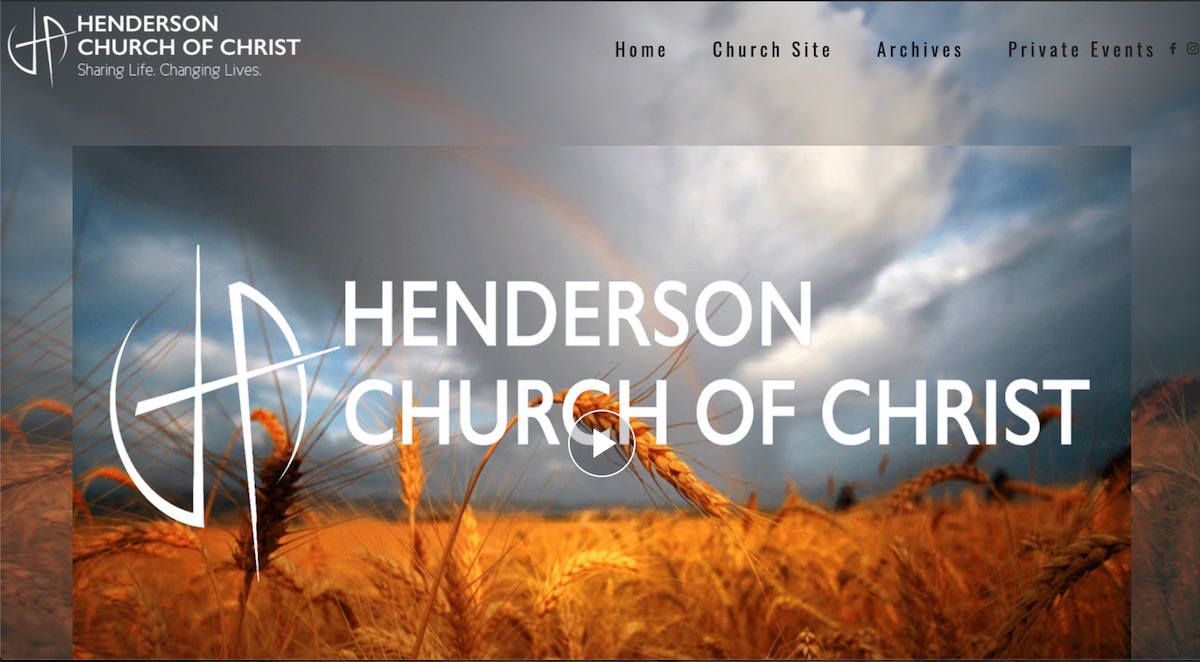Charlie Helms, CEO of WSN Live, says something a little unusual has come out of the COVID-19 lockdowns throughout the Southeast.
He’s been making a lot of sales.
WSN stands for “Worldwide Streaming Network,” and his original vision was to help high schools stream their sporting events online. While COVID-19 has shut down those live sports, it hasn’t shut down WSN.
Suddenly, with the “shelter-at-home” orders and school shutdowns, organizations need WSN’s services on a whole new level.
“We’re talking to a district out of Florida that has 80 schools we might pick up real quick because of our educational service,” Helms said. “We are setting up schools so they can do their own streams. It automatically archives for the teacher, and we set up the service so the teacher can upload [his or her] documents for the students to access.”
Helms says that while Zoom-style conferencing can work with some younger kids for a “virtual classroom” environment, teens get rowdy in the setting, so a stream of the lecture followed by homework materials can work better. And Zoom’s highly publicized security breaches as school-from-home has ramped up this spring is another thing that makes schools want secure systems installed.
WSN specializes in enabling schools, churches, municipalities, and other organizations to have their own live-streaming channels and archived video content available online. WSN creates a channel for its clients on a Roku and Amazon Fire devices, for instance, where people access video content from a school, church, or organization. Through WSN, an organization can have multiple channels and, thanks to the sports background, they’re set up for thousands of live streams at once.
Helms said that churches have also been a strong market during “social distancing” since more of them are turning to the Web to get their sermons out and communicate with congregants. And WSN’s tools are set up to support them in unique ways.
“We’re getting business in different areas than we ever have,” Helms said, mentioning a TV station in North Carolina they just installed. “Our investor who we’re working with thinks the streaming business is fixing to explode over the shutdown.” He notes that if some companies come out of this crisis with an appetite for more remote workers, streaming could be a big part of that as well.
Helms says one of their biggest challenges is the supply chain during COVID—they’ve had equipment orders take longer than anticipated, with deliveries trickling into customers over time. He said that has forced them to look at other products, some a little more expensive, but he’ll trade the price hike for more reliability.
Any words of wisdom? “I’m just trying to stay in front of the alligator right now,” Helms said, laughing. “That’s all I can do.”
With the streaming needs that the future holds for education, worship, and business, Helm said things could get huge in a hurry.
And what about high school sports after the lockdowns end?
“Sports may happen, but it may be that the stands are limited to parents only,” Helms said. “If you’re not streaming, then nobody’s going to see it.”

